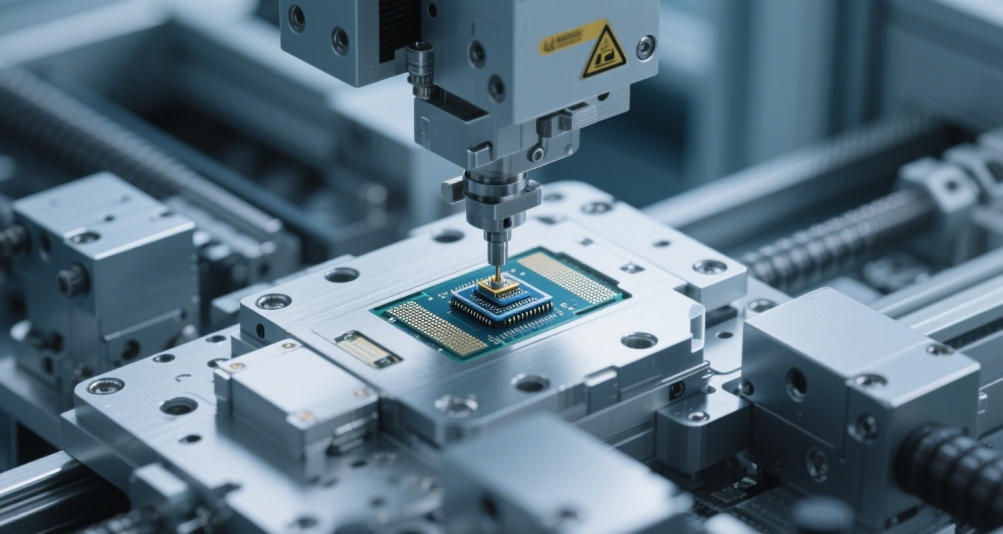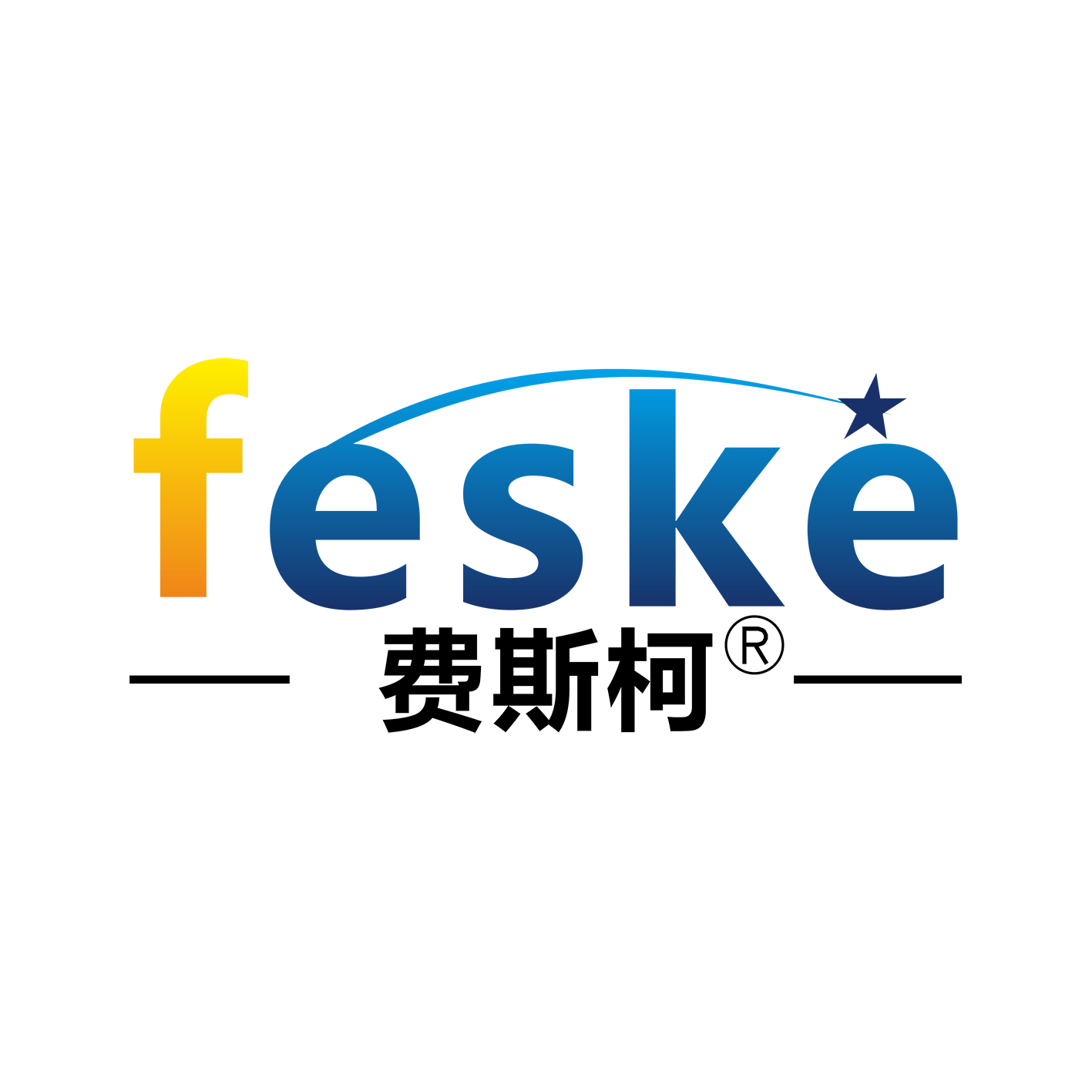The application of intelligent servo presses in industrial automation relies primarily on their high
precision, programmable control, and flexible production capabilities. Specific application scenarios are as follows:
I. Core Application Areas
Automotive Manufacturing
Key Component Pressing: Used for precision press-fitting of engine components (such as crankshaft
bearings) and body structural parts (such as door hinges), with pressure control accuracy reaching 0.1%,
ensuring assembly consistency.
Power Battery Production: Achieves millimeter-level positioning during the stamping and lamination of
lithium battery pole pieces, preventing damage to the electrode active material and increasing
production efficiency by 30%.
Electronic Component Manufacturing
Micro-Component Assembly: In chip packaging and sensor placement, micron-level displacement
control (with a repeatability of ±5μm) reduces assembly defects in micro-capacitors and resistors.
Connector Pressing: Servo presses offer programmable press stroke and force adjustment, accommo
dating various USB connector and FPC cable terminal specifications.
Aerospace and Precision Machinery
Turbine Blade Forming: Titanium alloys Real-time adjustment of the pressure curve during hot pressing
of blades prevents material stress cracks.
Bearing Preload Control: A closed-loop feedback system precisely applies bearing preload, extending
the life of high-end machine tool spindles.
II. Technological Advantages Drive Innovation
Flexible Production: Programs can quickly switch press parameters, supporting small-batch orders for
multiple varieties. For example, a single production line can handle both mobile phone case stamping and automotive brake pad molding.
Energy Efficiency Optimization: Servo motors consume energy only when in motion, and a sleep mode
reduces standby power consumption, saving over 40% compared to traditional hydraulic presses.
Data Fusion Application: Integrated IoT sensors enable real-time monitoring of the press process, and
big data analysis predicts mold wear trends, reducing unplanned downtime.
III. Future Development Trends: Intelligent servo presses are being integrated with digital twin techno
logy. For example, simulating stamping process parameters in a virtual environment optimizes actual
production line setup cycles. Furthermore, modular design is gaining popularity. For example, desktop
precision servo presses are already used for laboratory prototyping and small part trial production.



